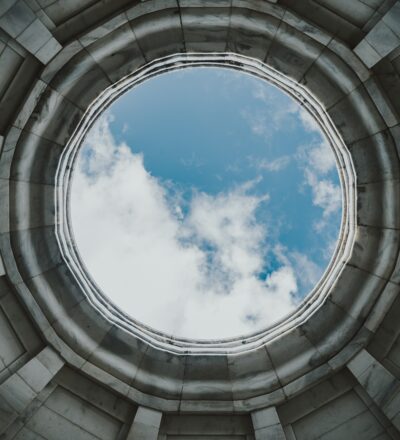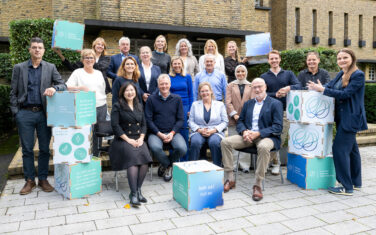The ZERO BRINE project aims to facilitate the implementation of the Circular Economy Package and the SPIRE Roadmap in various process industries. It does so by developing necessary concepts, technological solutions and business models to redesign the value and supply chains of minerals and water while dealing with present organic compounds in a way that allows their subsequent recovery.
In short:
- Zero Brine aims to implement the Circular Economy Package and SPIRE roadmap
- We combine technologies to recover products of high quality and sufficient purity
- Deliverables are an online platform (OBP), workshops and a serious game
Products of high quality and sufficient purity
Minerals and water will be recovered from saline impaired effluents (brines). The latter is generated by the process industry while eliminating wastewater discharges and minimizing the environmental impacts of industrial operations through brines (ZERO BRINE). ZERO BRINE brings together and integrates several existing and innovative technologies to recover products of high quality and sufficient purity to represent good market value.
Demonstration plant
A large-scale demonstration plant will be tested in the Energy Port and Petrochemical cluster of Rotterdam Port by using the waste heat from one of the factories in the port. The quality of the recovered products will be aimed to meet local market specifications. Additionally, 3 large-scale pilot plants will be developed in other process industries in Poland, Spain, and Turkey, providing the potential for immediate replication and uptake of the project results after its successful completion.
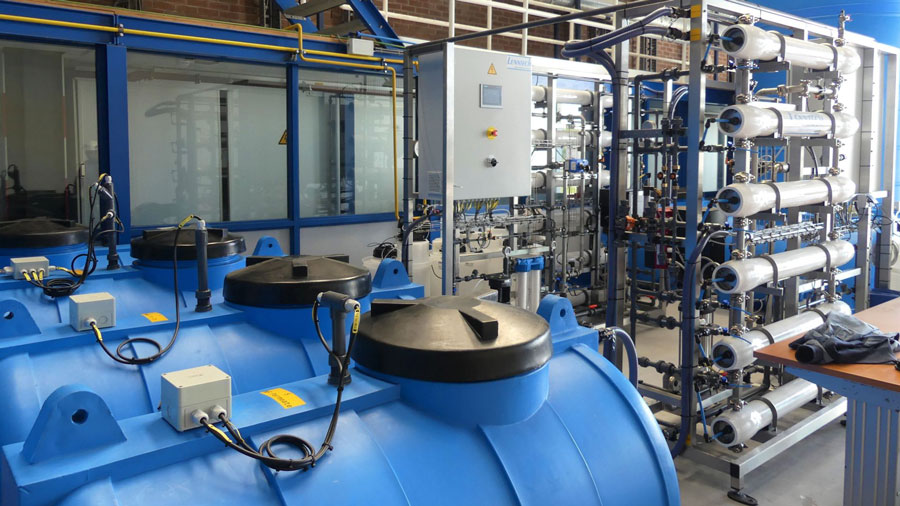
Online Brine Platform
The Online Brine Platform (OBP) is an active web service which aims to promote the flow of secondary raw materials, by linking the brine owners with the mineral/water users and the technology and waste heat providers.
The OBP will play a key role in replicating the paradigms generated in the framework of the ZERO BRINE project. The development of an Industrial Symbiosis platform for brine recovery will facilitate the application of a new, disruptive resource management concept of systemic eco-innovation proposed in the ZERO BRINE project.
In the OBP, the brine streams generated from process industries as well as the raw materials (minerals) and the water streams used by these industries can be mapped and possible matches between the industries across the value chain can be identified.
Database of brine producers
A primary step in the application of the OBP in the Netherlands is to contact and map the brine industries in the 5 industrial clusters. For each of the 5 industrial clusters in the Netherlands, ISPT developed a database of industries that produce brines for various inorganic compounds.
Workshops in 5 industrial clusters
ISPT organized 5 workshops in the 5 industrial clusters of the Netherlands. The goal of the workshops is to bring brine producers and users of recovered materials in the Netherlands together and demonstrate the OBP. Secondly the workshops aim to disseminate project results and discuss water-related topics of interest to the process industry. This includes sustainable reuse of brine streams and fresh water availability.
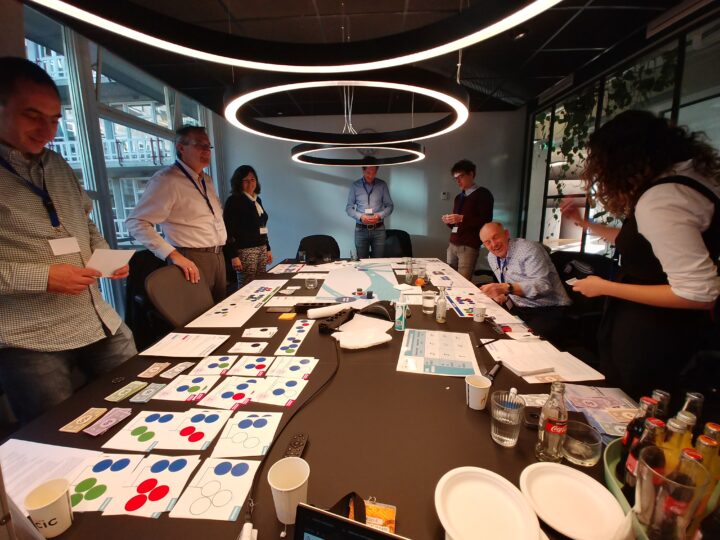
Serious Game
During the workshops participants simulated decision-making in water and brine re-use by playing the ZERO BRINE Serious Game, which was developed by ISPT. The ZERO BRINE Serious Game offers participants the opportunity to experience firsthand the challenges in discharge & re-use faced by brine producers, brine users and governments and to experiment by making different decisions.
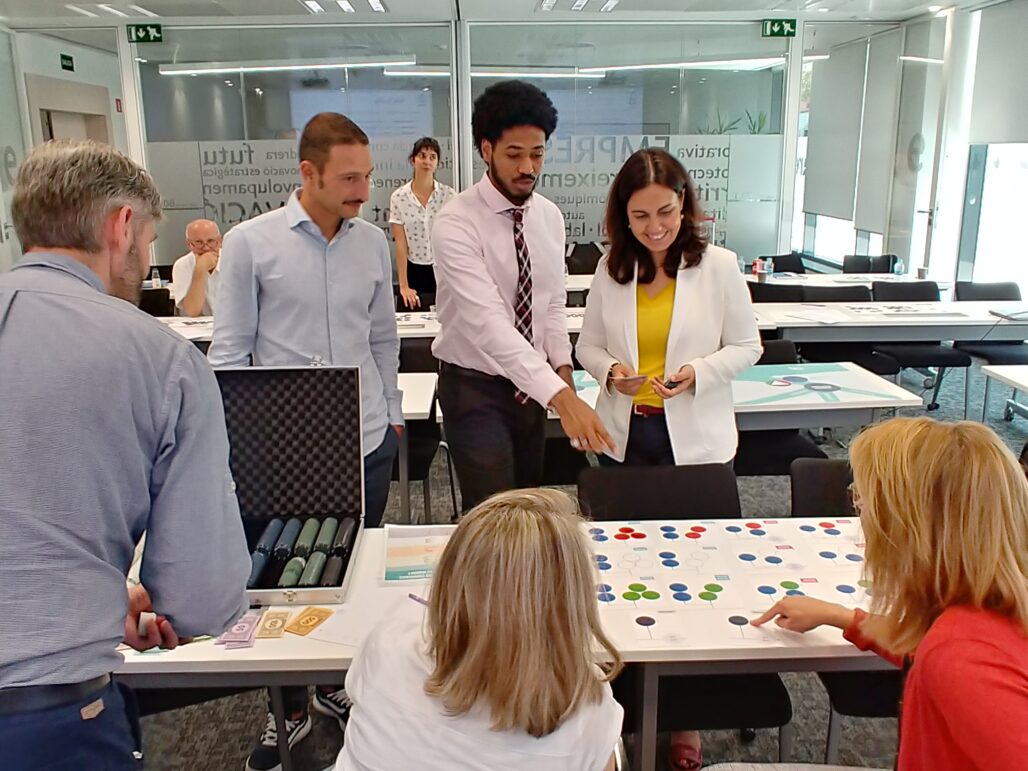
More information
For more information about the ZERO BRINE project visit the ZERO BRINE website.
You might also be interested in
Acknowledgement & partners
This project has received funding from the European Union’s Horizon 2020 Research and Innovation Programme under grant agreement No 730390.
